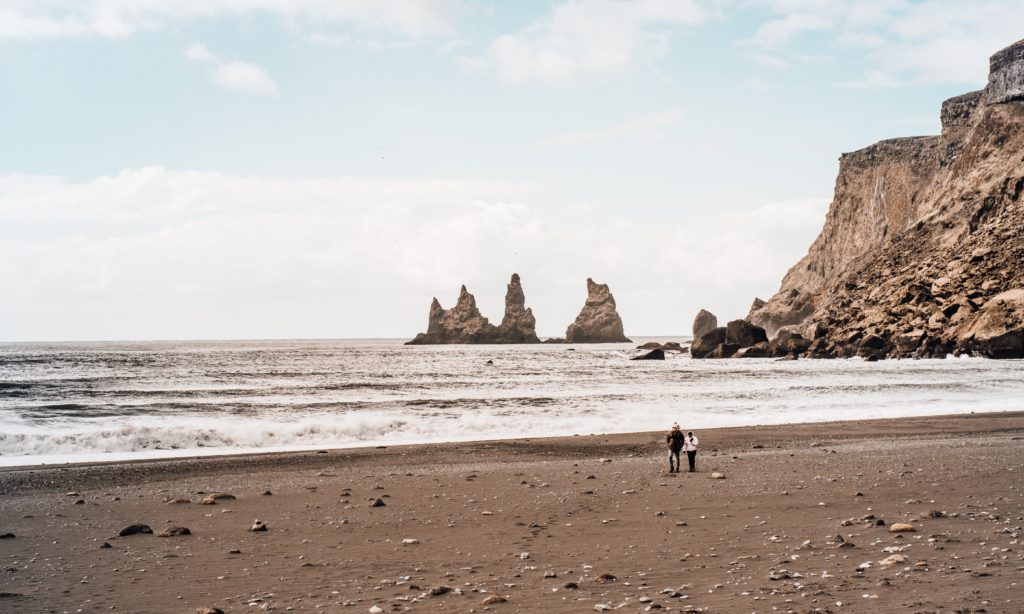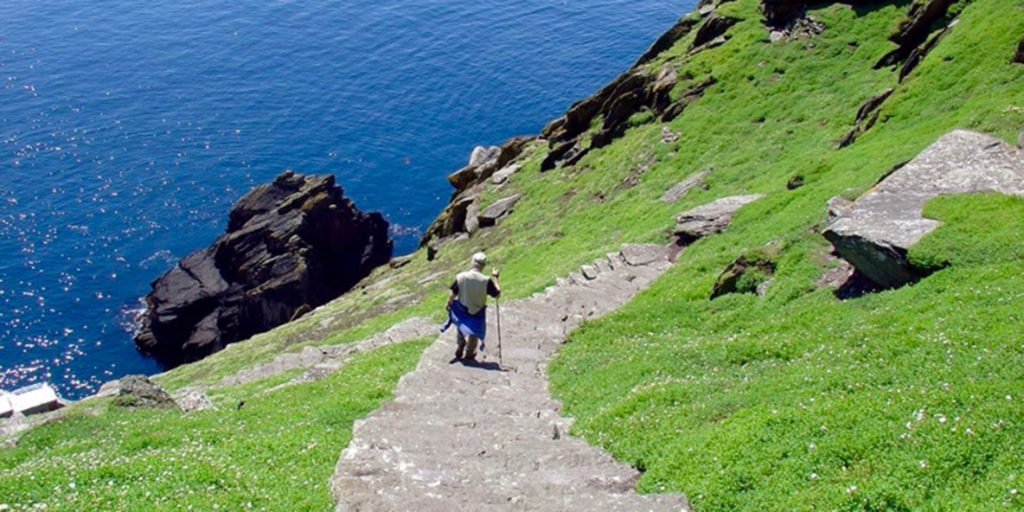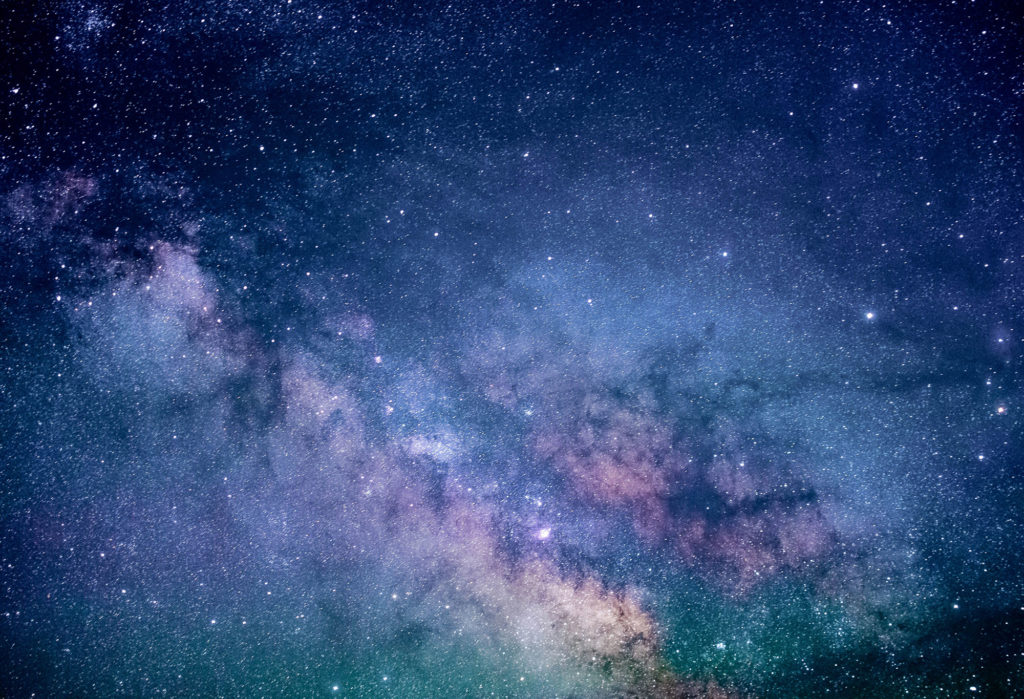In our first eNewsletter I commented on the “corrective lenses” Marc provided for seeing Christianity again. I also added that our worldview and understanding of cosmology is very different from that of the ancient world. Christianity needs an aggiornamento, a bringing up to date. A fresh way to tell the story.
Religion Defined
One of the challenges before us is how we imagine God, how we talk about God. I note in Continuing the Conversation on our website marcusjborg.org that the first definition of religion according to Google is: “the belief in and worship of a superhuman controlling power, especially a personal God or gods.” And I am quick to add no wonder people say I’m spiritual not religious!
According to this definition religion is about belief in The God of Supernatural Theism, a concept Marc describes in his book The Heart of Christianity (p. 65):
“Supernatural theism imagines God as a person like being. To be sure, God is an exceedingly superlative person like being, is indeed the supreme being. A long time ago, this person like being created the world as something separate from God. Thus God and the world are sharply distinguished: God is ‘up in heaven,’ and ‘out there,’ beyond the universe. It follows from this image of God that the God-world relationship is seen in interventionist terms; namely, from ‘out there’ God occasionally intervenes in this world. For supernatural theism in Christian form, these interventions include the spectacular evenings reported in the Bible, especially those associated with Jesus: his birth, miracles, death, and resurrection. Moreover, supernatural theists generally affirm that God continues to intervene to this day, especially in response to prayer.”
For many the God of Supernatural Theism is longed for, sought after, and believed in. And many Christians think this is our foundational understanding of God. In the next couple of eNewsletters I will explore this a bit. And hope you too will grapple with the attractive and problematic sides of this notion of God.
Universal Human Need
I think the God of Supernatural Theism is rooted in a deep and I would suggest universal human need and longing to be known, loved, accepted; that we not only matter but we can make a difference. A lot of our existential despair arises when we do not feel known, loved, accepted. 19th century French sociologist Emile Durkheim called it anomie or anomy: unrest, alienation, and anxiety that comes from a lack of purpose or ideals. A personal God is perhaps a longed for solution. I am sympathetic with that search, an antidote to anomie. But the concept of an anthropomorphic God is problematic. On many levels. This God, a God that arguably never was, was formally pronounced dead 134 years ago. Many of us aren’t over it.
But our definition of God is not the last word on “God” or awe and wonder. Our experiences, our definitions, our imagination, cannot exhaust the fact that we are part of something vast and particular and wholly remarkable. Life is to be valued. Here. Now. That is the only hope for preserving our future.
It is not the God of Supernatural Theism that will save us. Rather what will save us is much closer at hand. More next time.
“Human beings must always be on the watch for the coming of wonders.”
– E.B. White
Go to Articles and Posts under Media and Publications on our website marcusjborg.org for the true tale of an auditory “sighting” of Marcus Borg.




The best I’ve found so far (which happens to be utterly Biblical) is that we are Theomorphic beings. God is not so much ‘anthromorphic’ as ‘permeating’ us, ‘participating’ as our awareness/consciousness — as well as the ongoing creation of new contents-of-consciousness. (I like to think that M.J. would have liked this.)
So it isn’t that God can’t ‘get personal’, something HSe does routinely _as_ us. Just that there’s more There there…
Forrest. Mircea Eliade suggest we are homo religiosus, humans as religious beings. Is this what you are getting at with the words theomorphic beings? I think “MJ” would support the idea that we are participating in and permeated by IS NESS! Or what we call “God.” Never ending new creation. Thanks so much for your thoughtful comment. Look for future enewsletter concerning the “personal” not to be mistaken as anthropomorphic.
I’m ‘getting-at’ something my “Old Testament” prof used to say: that a common core hinted-at by major religions was that God (seemingly) fragmented to become humanity.
Borges’ version, in one of his stories, is that there is one being who takes turns being each of us, like a vast game-freak absorbed in a massive game of solitaire.
Or what Raymond Smullyan called “collective solipsism.” That we are conscious [in the phenomenological sense, aware from “inside”] because God ‘grows’ the universe through ‘our’ mind [mine, yours — The Mind living in each of the fictional characters we think we ‘are’.
Biblically: that “God made humans in His/Her image.” As my Methodist preacher used to say when I was a kid, that ‘image’ wasn’t any particular physical appearance, but what we all “look like” to ourselves.
Clarification: by “what we ‘look like’ to ourselves” I was thinking of our nature as “pure awareness of our given experience, inside and out — together with ongoing creation of things being experienced, self-consistent yet always novel & surprising.”
(Not, that is, the content of that experience, nor or “who/what people think of as ‘their identity'”. )
Forrest. God made us in Gods image. What if we made God in ours?? You went to seminary, or pursued a theological education. Or so it appears to me. There’s a refrain in a Taize chant: that which you seek is causing you to seek. Look forward to more insights about just that. Forrest, thanks for being part of this conversation. You keep prompting more thoughts for me. And I am sure others, Thank you.